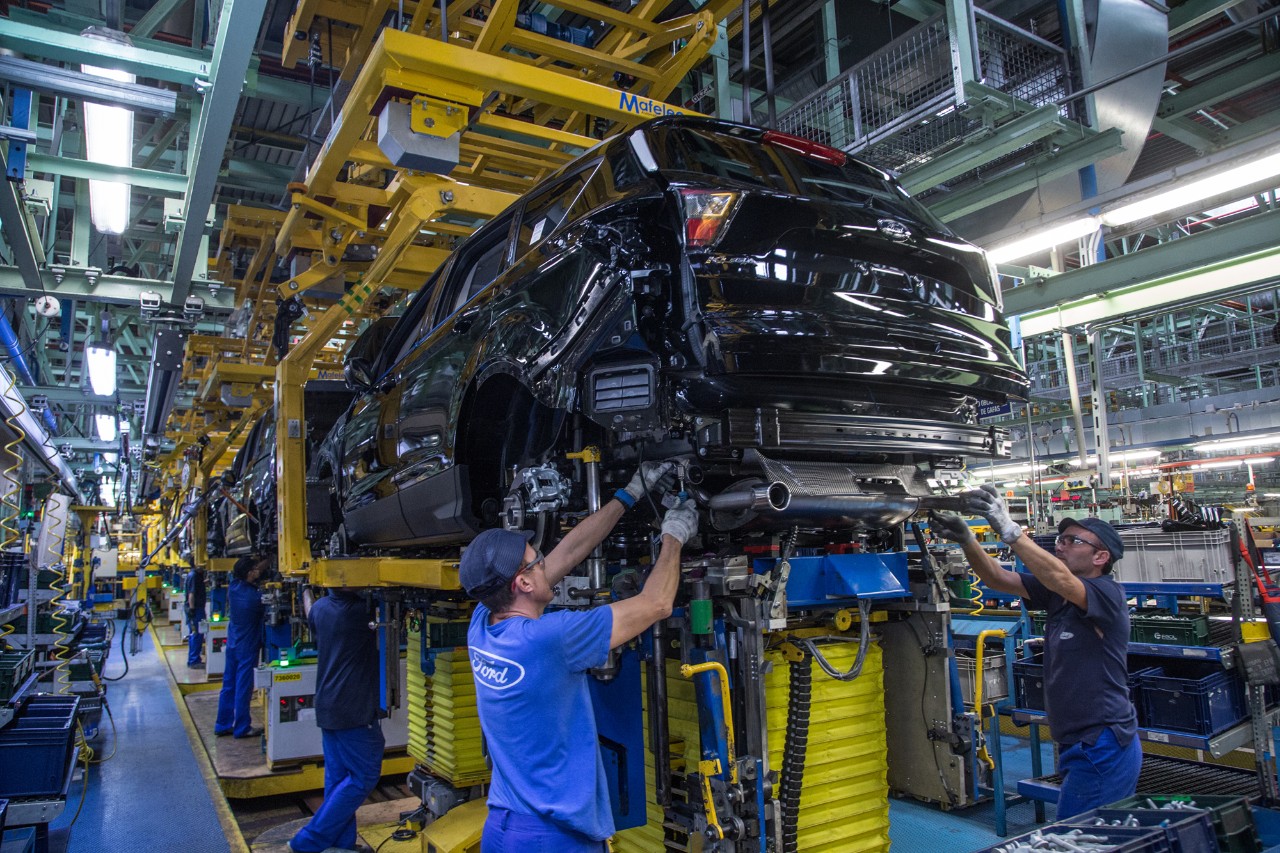Navigating Customer Concerns
Ford's decision to revise its EV roadmap stems from a deeper understanding of customer preferences and market dynamics. Consumers have shown increasing price sensitivity and range anxiety, prompting Ford to integrate more hybrid options into its lineup. This approach not only mitigates concerns over limited battery range but also provides a more cost-effective solution for consumers.
By focusing on hybrids, Ford is addressing two key issues: the high cost of EVs and the limited range that often deters potential buyers. Hybrid vehicles, which combine a gasoline engine with an electric motor, offer extended driving range and reduced fuel consumption, presenting a balanced alternative for those hesitant to fully commit to an all-electric vehicle.
The Financial Implications
The move to prioritize hybrids and affordability comes with a hefty price tag. Ford will incur substantial costs, estimated at over $400 million, to write down manufacturing equipment initially intended for its now-canceled all-electric SUVs. The total financial impact could exceed $1.5 billion as the company reconfigures its production facilities and supply chain.
Despite these costs, Ford's strategy aims to enhance long-term financial stability by improving battery sourcing and manufacturing efficiency. By reducing the proportion of capital expenditure dedicated to pure EVs from 40% to 30%, Ford is reallocating resources to areas that promise better returns and align with current market trends.
The Competitive Landscape
While Ford lags behind Tesla in EV production, it has made significant strides with models like the Ford F-150 Lightning, the best-selling electric truck in the United States. The growing popularity of hybrid technology in the U.S. further justifies Ford's strategic pivot. By offering vehicles that meet current consumer demands, Ford is positioning itself to capture a larger market share.
Ford's next major EV project, an electric commercial van set to debut in 2026, is designed to compete with Rivian, which has secured a significant market presence through its partnership with Amazon. Additionally, Ford's "Project T3," a groundbreaking electric truck slated for release in 2027, promises innovative features like bi-directional charging and improved aerodynamics. These advancements are expected to enhance the vehicle's appeal and competitiveness in the market.
A Focus on Affordability
Central to Ford's revised strategy is the emphasis on affordability, particularly in battery costs. As Ford CEO Jim Farley stated, "An affordable electric vehicle starts with an affordable battery." By focusing on reducing battery costs, Ford aims to make its EVs more accessible to a broader audience. This approach not only aligns with consumer expectations but also positions Ford to compete more effectively with other automakers.
The introduction of more affordable hybrid models and the continued development of innovative EVs reflect Ford's commitment to providing maximum choice to its customers. This diversified approach allows Ford to leverage its strengths while adapting to the evolving preferences and needs of the automotive market.
The Road Ahead
Ford's strategic shift towards hybrids and affordability underscores its commitment to staying competitive in a rapidly changing industry. By addressing customer concerns and aligning its product offerings with market demands, Ford is positioning itself for sustained growth and success.
The decision to incorporate more hybrid options and focus on cost-effective solutions reflects a pragmatic approach to the challenges and opportunities presented by the EV market. As Ford continues to innovate and adapt, it remains poised to play a significant role in shaping the future of transportation.







